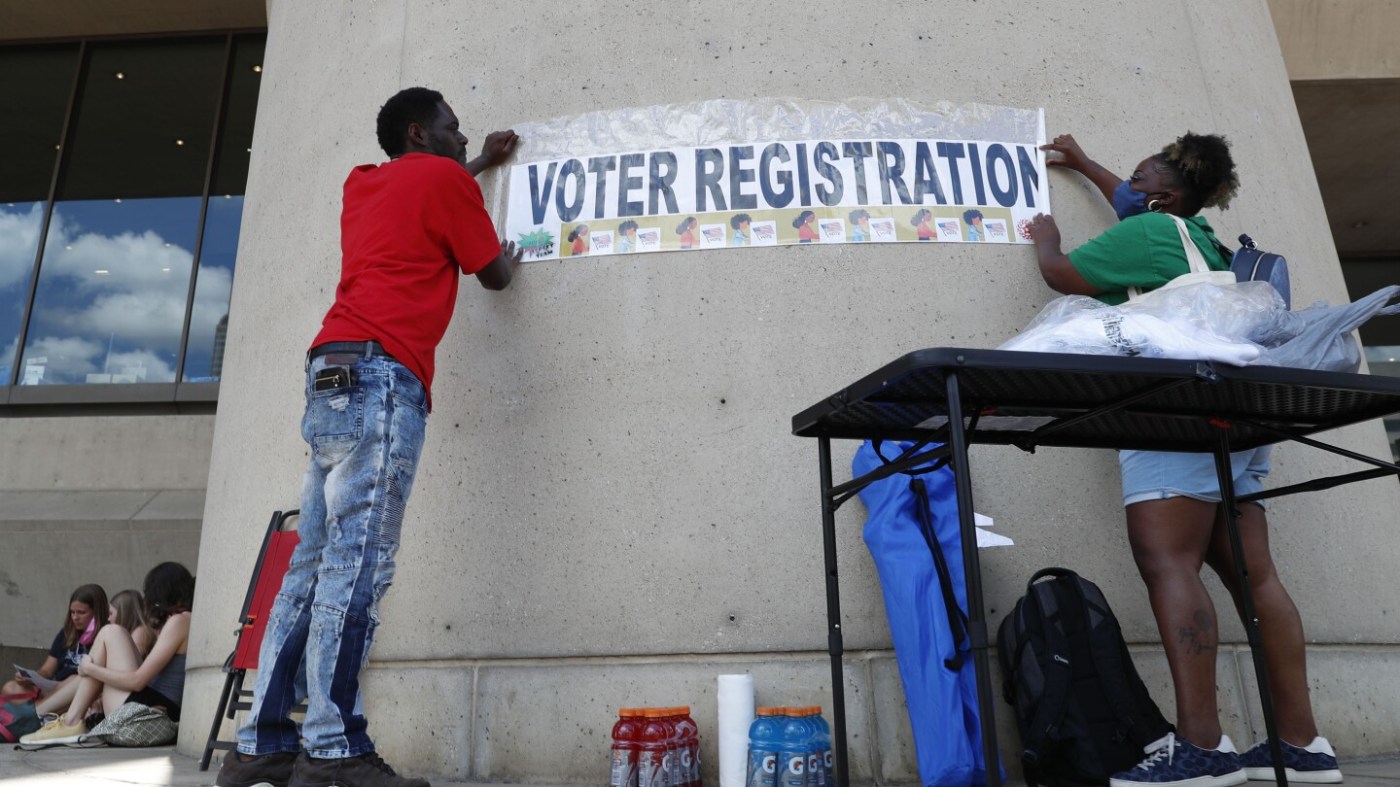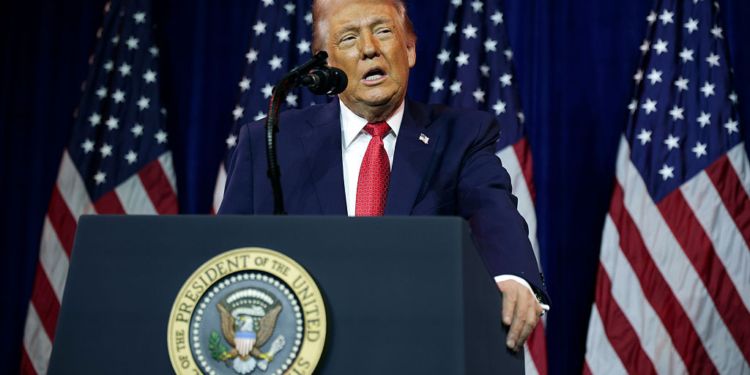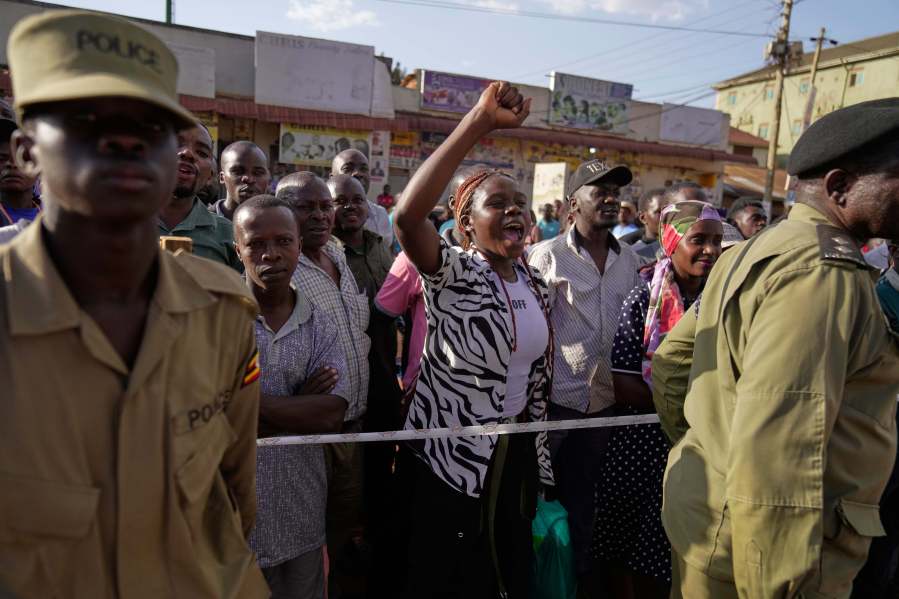Texas has identified more than 2,700 registered voters who are not U.S. citizens, according to an announcement from the state Secretary of State, Jane Nelson. The office reported that 2,724 out of approximately 18 million voters in Texas are noncitizens. This revelation has prompted the state to initiate investigations into these individuals’ eligibility to vote.
The Secretary of State’s office provided detailed files on the identified voters to Texas counties, which will now conduct their own investigations. If any of these voters are confirmed to be noncitizens, their cases will be referred to the state attorney general’s office for further action. Under Texas law, noncitizens are prohibited from voting in federal, state, and most local elections.
In a statement, Nelson emphasized the importance of protecting the integrity of the voting process. “Everyone’s right to vote is sacred and must be protected,” she said. “We encourage counties to conduct rigorous investigations to determine if any voter is ineligible — just as they do with any other data set we provide.”
The process for addressing the identified noncitizen voters is structured. County voter registrars must send a notice to each individual before canceling their registration, allowing them 30 days to respond. If no response is received, the county may proceed to cancel the registration.
Texas utilized a federal database to compare its voter list, which Nelson described as a “critically important” tool for maintaining accurate voter rolls. She noted that Texas was among the first states to partner with U.S. Citizenship and Immigration Services to access the Systematic Alien Verification for Entitlements data.
Nelson remarked, “Only eligible United States citizens may participate in our elections. The Trump Administration’s decision to give states free and direct access to this data set for the first time has been transformative.”
The identification and potential cancellation of voter registrations have raised concerns among some lawmakers. Earlier this year, most U.S. House Democrats voted against the Safeguard American Voter Eligibility Act (SAVE Act), which mandates states to remove noncitizens from voter lists and requires proof of citizenship for federal election registrations. Although noncitizens are already barred from voting, critics argue that such measures could disenfranchise eligible voters.
Kendall Scudder, chairman of the Texas Democratic Party, stated that the SAVE Act reflects a troubling trend. “We’re no strangers to attempts to undermine the right to vote,” he asserted. “I’m all for solving problems — the only issue is, one doesn’t exist here.” Scudder warned that millions of Americans could lose their voting rights if the bill were to become law.
He added, “We’ve worked hard to make it easier for working folks to legally cast their ballots, not more difficult.”
As investigations continue, the implications of these findings may influence ongoing discussions and legislation surrounding voter registration practices in Texas and potentially nationwide. The outcomes could impact not only the identified voters but also broader electoral policies aimed at ensuring the integrity of the voting process.







